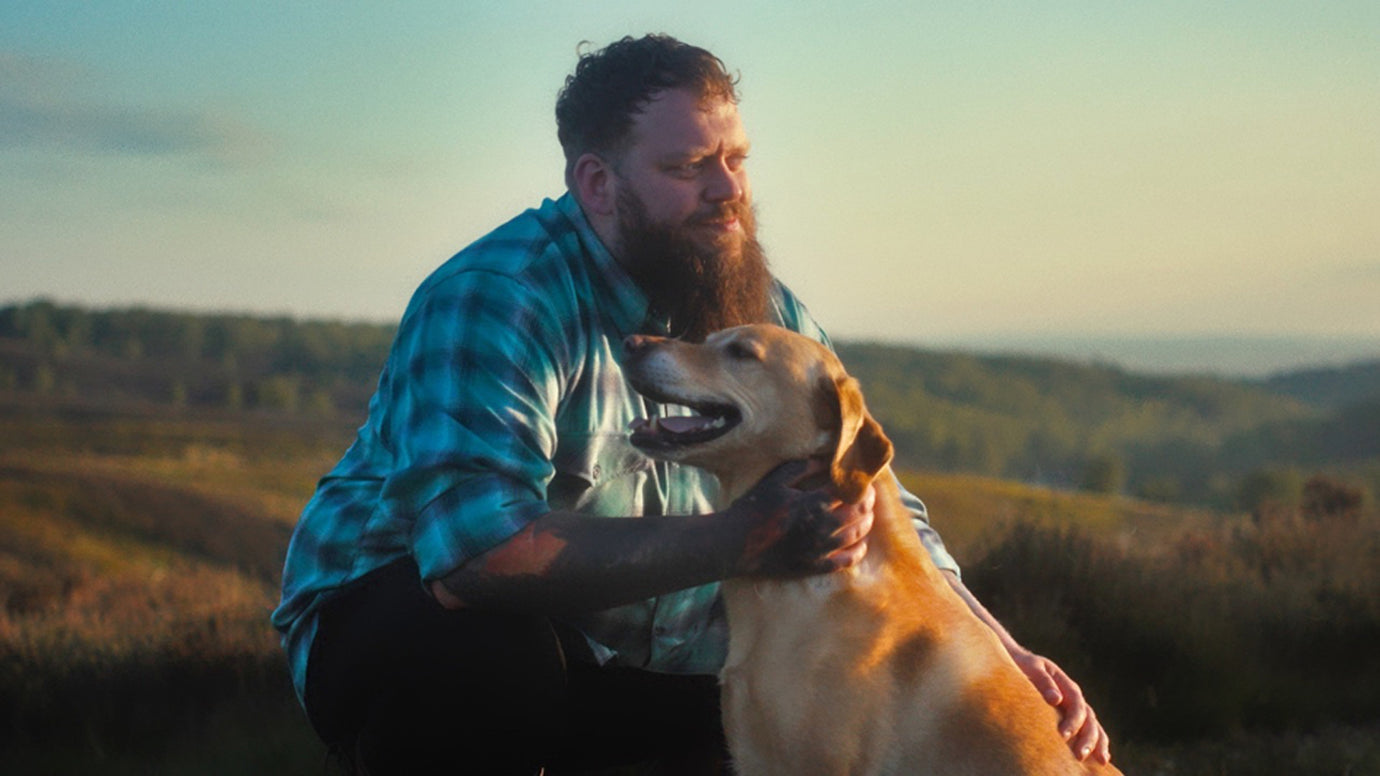Wonderdog by Jules Howard review - are we taming dogs, or are they taming us?

The zoologist, presenter and author surveys centuries of human-canine relations.
While you doubtless don’t need to be reminded of the aeons we’ve known dogs and loved them, zoology has had a tendency to neglect them.
“For decades in the 20th century,” Howard writes, “dogs were considered unworthy of rigorous study,” since focusing on them for insights into the animal kingdom was “like trying to understand the adaptations of a chicken’s egg by studying the crumbs of a wet cake”.
Dogs were somehow rendered inauthentic, almost processed, by their emotional and physical proximity to us.
In fact, counters the author, not only do dogs warrant close study – “nothing else on Earth has such a wide range of variations within the same species category” – but every time we’ve done so, we’ve unearthed incomparable wisdom about ourselves.
Except when we’ve been wrong: Rudolph Schenkel’s 1947 paper on wolves, hypothesising alpha behaviour and its attendant hierarchies, was applied for years in the fields of both dog and human behaviour, to produce everything from training doctrines (never let your dog enter a house ahead of you) to political theory (what happens when a Donald Trump meets a Kim Jong-un?).
But the original study used the wrong kind of wolves (those in captivity behave differently, unsurprisingly), and besides, dogs and wolves are nothing like as similar as they’d have to be to make those kind of extrapolations.
While Howard includes these moments of playful humility on behalf of earlier science, his message is profound, though he insists that it’s “straightforward”: “It is simply that the more compassionate we have become in our explorations into the minds of dogs, the more intelligent they have shown us to be. It’s that simple.
When someone tells you how simple something is three times, you might have a hunch that they’re trying to pick your pocket, intellectually speaking, and it actually isn’t that simple. Does he mean we can apply what we learn about dogs’ brains to our own?
Or that the leap of trying to empathise with another species is one that builds our compassion? Or that only by extending our imaginations to take in how intelligent a dog could be can we unlock our own intelligence?
He means all these things, and more. Pavlov’s famous discovery of classical conditioning in dogs was the first real departure from the previous understanding of the mind as a “black box” that would always remain mysterious. It was actually via a racoon, but never mind, that the watertight certainties of Skinner and his behaviourism were somewhat overturned by new ideas around hard-wiring, in the 1960s.
And one of the most fascinating chapters concerns the anti-dog vivisection movement, raging for almost a century from the mid-1800s, which distilled not only a clash between science and morality, but also the mobilisation of middle-aged women against the establishment and its permitted cruelties, bisecting as it went the Suffragette movement and that of the rights of the child.
Are we taming or being tamed? Both, the author insists throughout. It would churlish to force a choice, when it’s worked out so well for us all.
Wonderdog: How the Science of Dogs Changed the Science of Life by Jules Howard is published by Bloomsbury Sigma (£17.99). To support the Guardian and Observer order your copy at guardianbookshop.com. Delivery charges may apply.
(Article source: The Guardian)





